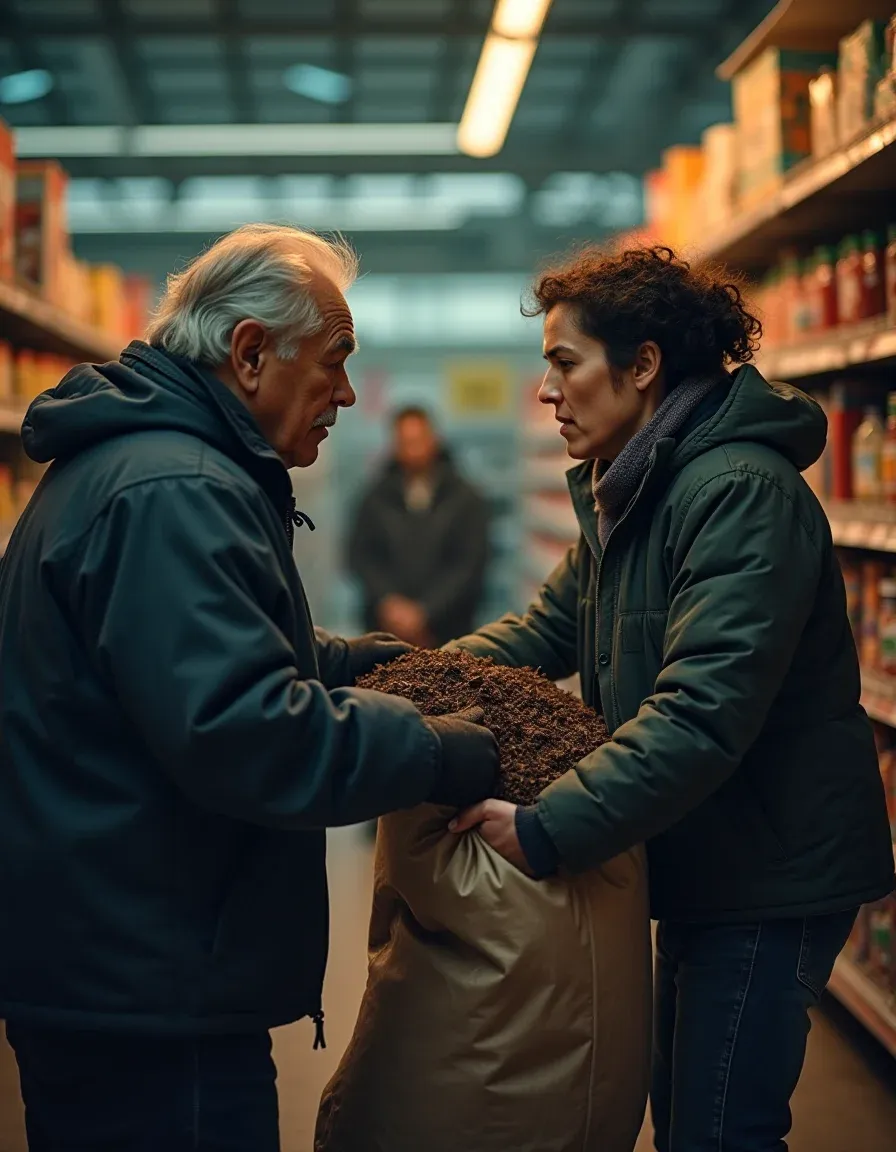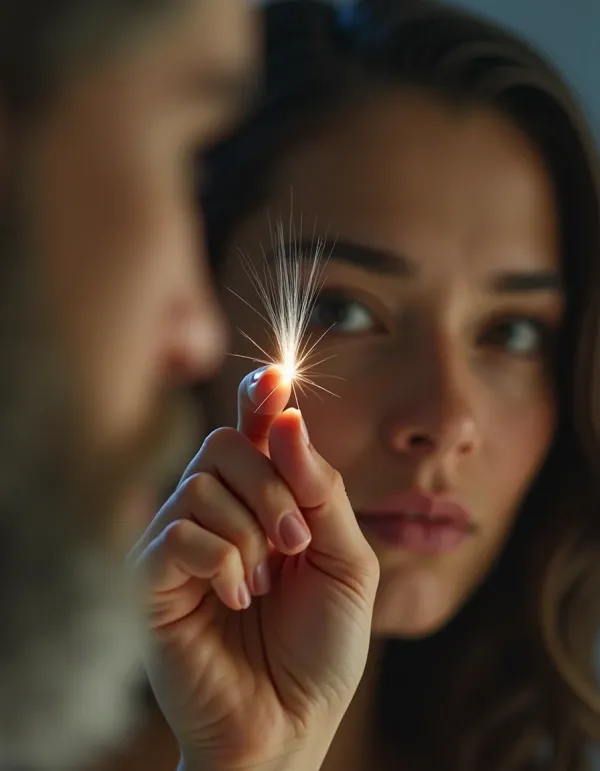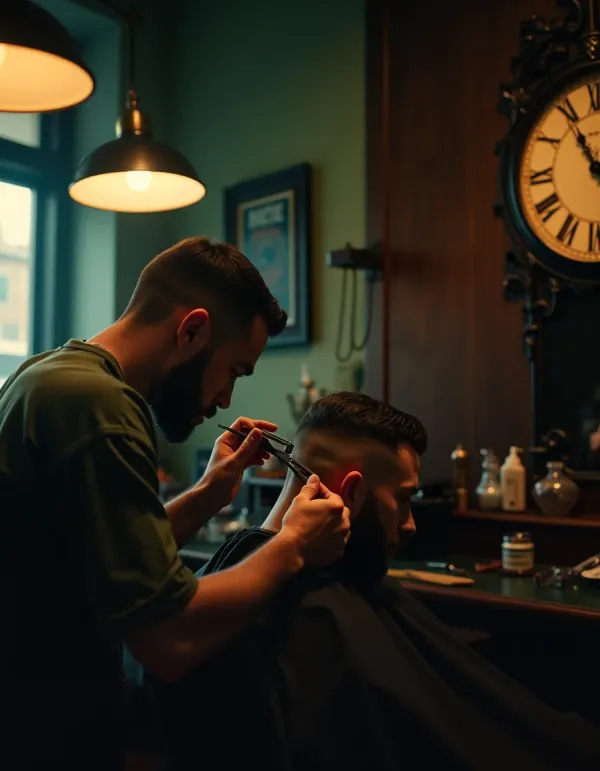When Helping Hurts: Navigating Assistance When You're Also Disabled
Navigating assistance as a disabled person can be tricky. Join us as we explore the dilemma of saying no and the importance of prioritizing your health.

Imagine this: You're at a store, minding your own business, when someone asks for help lifting something heavy. Simple, right? But there's a twist. You're also disabled.
The Dilemma
One person recently found themselves in precisely this predicament. They were asked to help lift a bag of mulch by another disabled individual. The catch? They couldn't help because of their own disability. What ensued was a bit of a verbal tussle when they had to refuse, leading to a moment of doubt.
Standing Your Ground
You might think saying no is straightforward, but there are layers to this. Some people point out that it's not about being unwilling, but genuinely unable to help. You don't owe anyone your medical history. "No" is a complete sentence, and it's okay to use it.
Understanding Invisible Disabilities
There's a common misconception that young people are always fully able-bodied. But disabilities aren't always visible. Just because someone looks 'fine' on the outside doesn't mean they're not dealing with pain or limitations.
When Others Try to Guilt Trip You
Some folks say you should never feel guilty for prioritizing your health. You're not there to provide customer service in a store—employees can help with heavy lifting. If you get injured trying to help, it's your health and finances on the line. And trust us, no bag of mulch is worth that.
Tune Out the Noise
It's hard not to let someone's negativity ruin your day, but try not to let it rent space in your head. People sometimes are just mean, and that's not your responsibility. Remember, it's not your fault when someone acts like a jerk.
Next time you’re in a similar situation, remember: It’s okay to say no. You have every right to look after yourself first.




